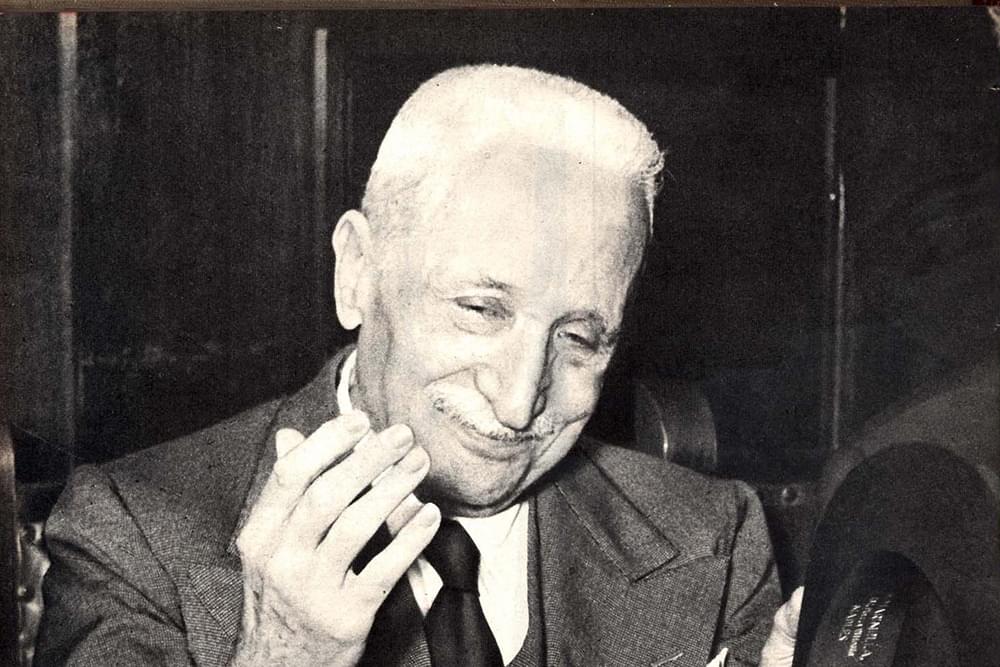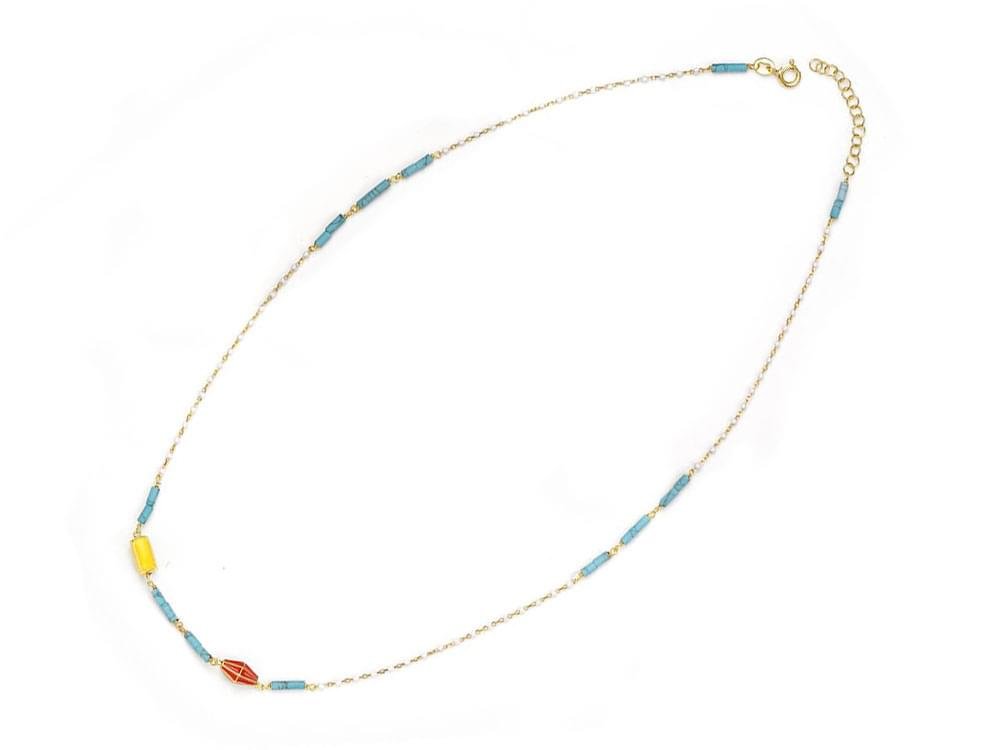
Enrico De Nicola (1877 - 1959) was a politician, journalist, law expert and Head of State for republican Italy, just after the Second World War. He is generally known for being the first president of Italy from 1948, a position he held for just five months.
De Nicola was born in Naples in 1877. He went on to study law at the University of Naples, graduating in 1896 and training as a penal lawyer. He first entered politics in 1909, becoming a deputy for a Liberal party. He worked for the government in modest jobs from 1913 to 1921, before retiring from politics due to the uprising of the Fascism party.
From 1920 to 1924, he served as Speaker of the Chamber of Deputies. In 1929, King Victor Emmanuel III appointed him as senator, however in ongoing protest about Italy’s response to Fascism, he refused to take his seat. In this period he returned to his law practice.
On 25th July 1943, Benito Mussolini was voted out of power by the Grand Council and was arrested after leaving a meeting with the King. Once Fascism fell, De Nicola returned once again to politics and became the meditator between the King and Fascist party as they negotiated the extrication of the two’s collaborations.
De Nicola was elected Head of State on 28th June 1946, winning 396 votes from 501 (80%). Initially unsure about accepting the nomination from the Constituent Assembly, De Nicola was finally persuaded after an Italian journalist published an appeal in the Il Giornale d'Italia newspaper, stating: "Your Excellency, please, decide to decide if you can accept to accept".
On 25th June 1947, De Nicola resigned due to health issues. However, rather than accepting, the Constituent Assembly saw his resignation as a sign of humility and grace, and re-elected him into the position the following day. Once the Constitution of the Italian Republic was established on 22nd December 1947, the hunt for Italy’s first ever President began.
Unsurprisingly, De Nicola was named President of the Italian Republic on New Years Day 1948. However, when the first constitutional election occurred in May, De Nicola refused to be considered.
After withdrawing from his presidential title on 12th May 1948, succeeded by Luigi Einaudi, De Nicola became a senator for life. He was later named President of the Senate and President of the Constitutional Court.
De Nicola died on 1st October 1959 at his home in the coastal city of Torre del Greco, Naples. He died without marrying or having children.
During his political career, his other titles were President of the Italian Chamber of Deputies, Temporary Chief of the Italian State and President of the Italian Senate. He also won two major honours: the Order of the Star of Italian Solidarity and in 1956, the Order of Merit of the Italian Republic.

More Details